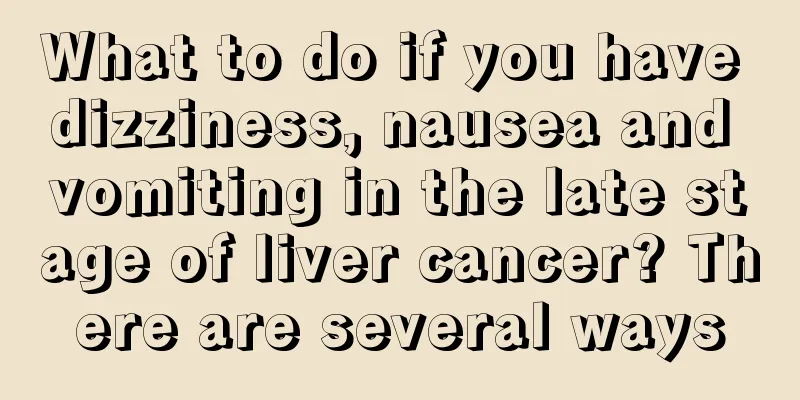How to treat vitamin D deficiency tetany

|
Vitamin D deficiency tetany is a relatively common disease. Therefore, it is necessary for us to understand the relevant treatment methods of vitamin D deficiency tetany. So how to treat vitamin D deficiency tetany? What are the treatments for vitamin D deficiency tetany? Next, this article will give you a detailed introduction. Vitamin D deficiency tetany is also known as rickets, hypocalcemic seizures or infantile tetany. Due to vitamin D deficiency and insufficient compensatory function of the parathyroid gland, serum calcium ions are reduced, neuromuscular excitability is increased, and convulsions, hand and foot muscle cramps or laryngeal spasms occur. It is more common in children under 2 years old. How is vitamin D deficiency tetany treated? The treatment principle of this disease is to first control convulsions, relieve laryngeal spasm, quickly supplement calcium to quickly raise blood calcium to normal, and then give vitamin D to restore blood calcium and phosphorus metabolism to normal. 1. First aid treatment Sedatives and antispasmodics can be used to control convulsions. The first choice is diazepam, 0.1-0.3 mg/kg each time, intramuscularly or intravenously, or phenobarbital, 5-7 mg/kg each time, intramuscularly, or 10% chloral hydrate, 40-50 mg/kg each time, retention enema. In case of laryngeal spasm, the tongue should be pulled out of the mouth first, artificial respiration or pressurized oxygen should be performed, and endotracheal intubation should be performed if necessary. Calcium therapy For patients with convulsions or laryngeal spasm, 5-10 ml (or 1 ml/kg) of 10% calcium gluconate plus 10-20 ml of 10% glucose solution can be given by intravenous drip, or slowly injected intravenously (over 10 minutes). For severe cases, this can be repeated 2-3 times a day until the convulsions stop and oral calcium preparations can be taken. For mild cases, or after convulsions and laryngeal spasm are controlled, take 10% calcium chloride orally first, 5 to 10 ml each time, diluted in 3 to 5 times sugar water. 3 times a day. Calcium chloride has the effect of acidifying the blood, causing the calcium ion concentration to increase rapidly, but it should not be taken for a long time to prevent hyperchloremia. Therefore, after 3 to 5 days, it should be changed to active calcium, such as Gaitanli or calcium gluconate for oral administration. 3. Vitamin D treatment After taking calcium supplements, vitamin D should be given at the same time, 50ug~125ug (2000~5000IU) orally per day. For severe cases, vitamin D or vitamin D3 can be injected intramuscularly. The usage is the same as rickets. After one month, change to a preventive dose. The above is an introduction to how to treat vitamin D deficiency tetany. I believe that after reading the above introduction, you already know how to treat vitamin D deficiency tetany. From the above introduction, we can know that infants and young children are at high risk of vitamin D deficiency tetany, which is mainly caused by vitamin D deficiency. Therefore, the key to treating this disease is to supplement vitamin D. |
<<: How to remove pigmentation from eczema
>>: What happens if digestive enzymes are deficient
Recommend
Treatment of intracranial metastasis of nasopharyngeal carcinoma
Treatment for intracranial metastasis of nasophar...
How to remove tear marks
For friends who have dogs, they all know that dog...
What causes poor memory
Poor memory is not a trivial matter, because we w...
How to treat vertical lines on nails
Some people have smooth nails, while others have ...
How to cure bronchitis quickly? It turns out you need to pay attention to these 5 points
Bronchitis is a respiratory disease with a relati...
Symptoms of ovarian cancer include abdominal lumps
What are the common symptoms of ovarian cancer ? ...
What is the reason for the puffy eyes like eye bags
If your eyes are swollen, you should be careful. ...
What is the most suitable meal to eat during menstruation
Women's physical health has always been a ver...
Throat inflammation and itchy ears
In autumn and winter, when the weather is dry, pe...
The efficacy of glucosamine chondroitin calcium tablets
Human movement mainly relies on bones and joints....
The harm of chewing gum
Chewing gum is a favorite food of many people, bu...
How to preserve ginger
Ginger is a very good condiment. Many of us may f...
How to treat neurasthenia gravis?
The condition of mental fatigue syndrome is actua...
What are the diet and maintenance after colon cancer surgery
Colon cancer is one of the common malignant tumor...
What are the symptoms of schistosomiasis?
Disease is scary, and I believe no one wants to g...









